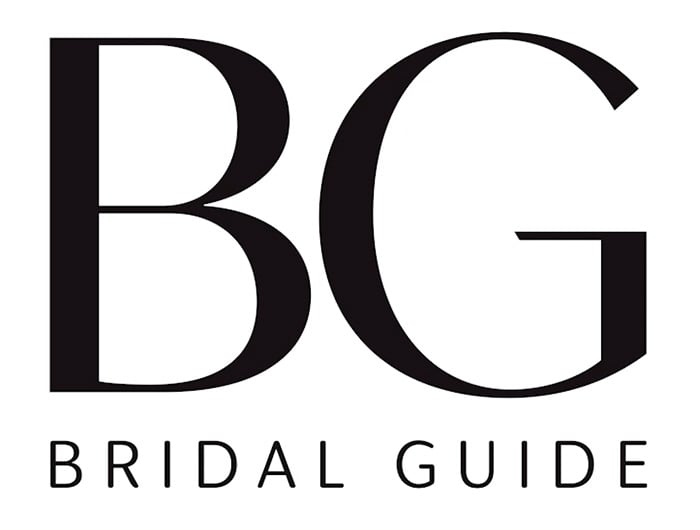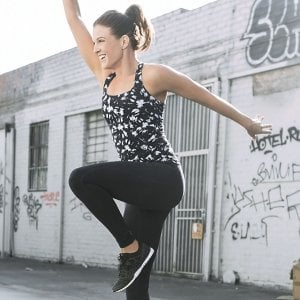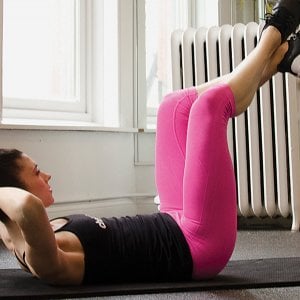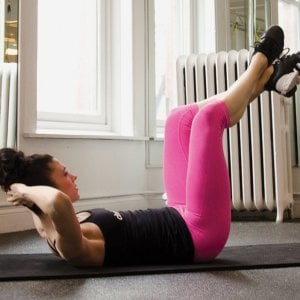The right yoga style can help you get stronger, more serene—or both.
By: Mary Clarke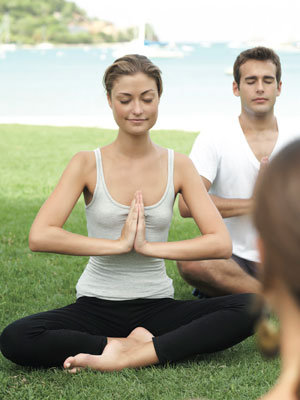
Yoga means "yoke" in Sanskrit—meaning to join, attach or unite. Think about it: could there be a more fitting practice for your union to come?
Some yoginis stick to a signature practice, others like to mix it up. Here, what to expect in a yoga class for each type:
Bikram
What to expect: Twenty-six poses done in precisely the same order, every session, in studios heated to (bring water!) 105 degrees. You’ll sweat more than in other practices, but the heat will help you get into those flexy-bendy positions.
Iyegar
What to expect: It’s all about perfecting your alignment in this exacting, slower-moving class. Props like blocks and bands are used to ease or modify moves, which makes this a good choice for newbies or less-flexible types.
Restorative
What to expect: You will stretch, “breathe into” and hold relaxing poses for several minutes, often lying down in a comfortable position, supported by bolsters or blankets for major de-stressing with minimum sweat factor.
Vinyasa
What to expect: A go-with-the-flow practice, incorporating fluid moves from one pose to the next. Faster-moving versions are sometimes called “power yoga,” but there are slower vinyasa classes, too. You’re more likely to hear music played in vinyasa classes than in other practices.
Ashtahga
What to expect: A faster, athletic practice, linking each move to an inhale or exhale. You’re expected to follow the same sequence of poses in every session, and in the more advanced classes, each student goes at her own pace.
Kundalini
What to expect: Chanting, meditation and lectures from your teacher are combined with challenging poses in this practice, which is heavier on the “oms” than others.
Photo Credit: Christopher Robins
